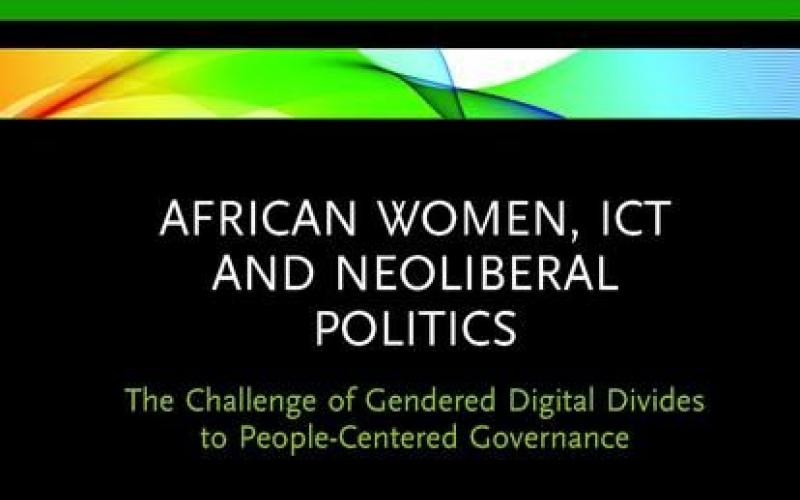by BIKO AGOZINO

The author posits that from the perspective of African women, it is impossible to ignore racism and sexism while organising against poverty.
I first met Assata Zerai in 1999 while visiting the family of Horace Campbell in Syracuse University where they were colleagues. It was my first Thanksgiving dinner in the United States. After the dinner, we were chatting when she mentioned that she had a co-authored book manuscript on the nightmares of ‘crack mothers’ who were demonised in the media and repressed by policy makers that wanted to sterilise them. I told her that she had just found a publisher because two years earlier, Ashgate publishers launched the Interdisciplinary Research Series in Ethnic, Gender and Class Relations with my book on Black Women and the Criminal Justice System (republished in 2018 by Routledge) and with me as the Series Editor. I told her that I would be happy to recommend her manuscript for publication in the series. She promptly sent me the proposal and Ashgate accepted my recommendation and published the ground-breaking book that called for harm reduction instead of the racist-sexist war on poor women in the guise of the war on drugs.
I was pleasantly surprised when Zerai accepted an award from the Conference on Black Women in Higher Education at Virginia Tech and she recognised me as one of her mentors whereas I looked up to her as one of my peer mentors. I am pleased and honoured to see that this new book, African Women, ICT and Neoliberal Politics, started by highlighting our celebration of the work of Victor Chikezie Uchendu who was my mentor in Nigeria and whose classic work on The Igbo of Southeast Nigeria turned 50 years in 2015. I had invited three scholars to celebrate the book at Virginia Tech and it was an honour to have had Zerai, who was then the Director of the Centre for African Studies that Uchendu had founded at the University of Illinois, Urbana-Champagne. She was soon to rise in the university administration as Associate Dean, Associate Vice Chancellor for Diversity and Inclusion, and Associate Provost while finding the time to complete ground-breaking books.
This new book continues with her track-records in post-positivistic gender-sensitive Africa-centred scholar-activism that all critical scholars and the general public could learn from. I already include her essay on scholar-activism within the classroom and at the grassroots as one of the required readings for my Africana Research Methods graduate class and I am happy to say that the new book elaborates on her original theory that even when you are teaching in the class-room, you can still practice scholar-activism through the exposure of students to the benefits of critical, creative and Africa-centred gender-sensitivity in all aspects of the course. This is an original contribution from an African diaspora scholar because African American scholars tend to focus more on the diaspora and neglect Africa relatively. African male scholars tend to focus mainly on the important struggles against racism while relatively neglecting sexism; and African scholars tend to depend on Eurocentric theories while neglecting contributions by fellow Africans.
The Critical Race Theory came from Kimberley Crenshaw and others to advance knowledge beyond critical legal studies that focused only on class by emphasising the intersectionality of race-class-gender issues. But the proponents of intersectionality rarely apply their theory to African women the way that Stuart Hall exemplified by basing his Cultural Studies theory of articulation, disarticulation and re-articulation on the critique of apartheid racism-sexism-imperialism. Western feminists tend to avoid the need to adopt anti-racist thoughts because they claim that racism is not part of their standpoint experiences though they do not need to experience every form of oppression before they can oppose it. Angela Davis warned that some of the white feminists were actually supporting the use of rape as a racist propaganda for the oppression of black women and black men. Western Marxists tended to focus exclusively on the working class struggles but from the perspective of African women, it will be impossible to ignore racism and sexism while organising against poverty. Here, Zerai demonstrates what is lost by scholars when African women are ignored by theorists and activists given the immense contributions that African women have made towards the advancement of democracy and the innovation of communication technologies along with indigenous knowledge systems.
Pambazuka for more
